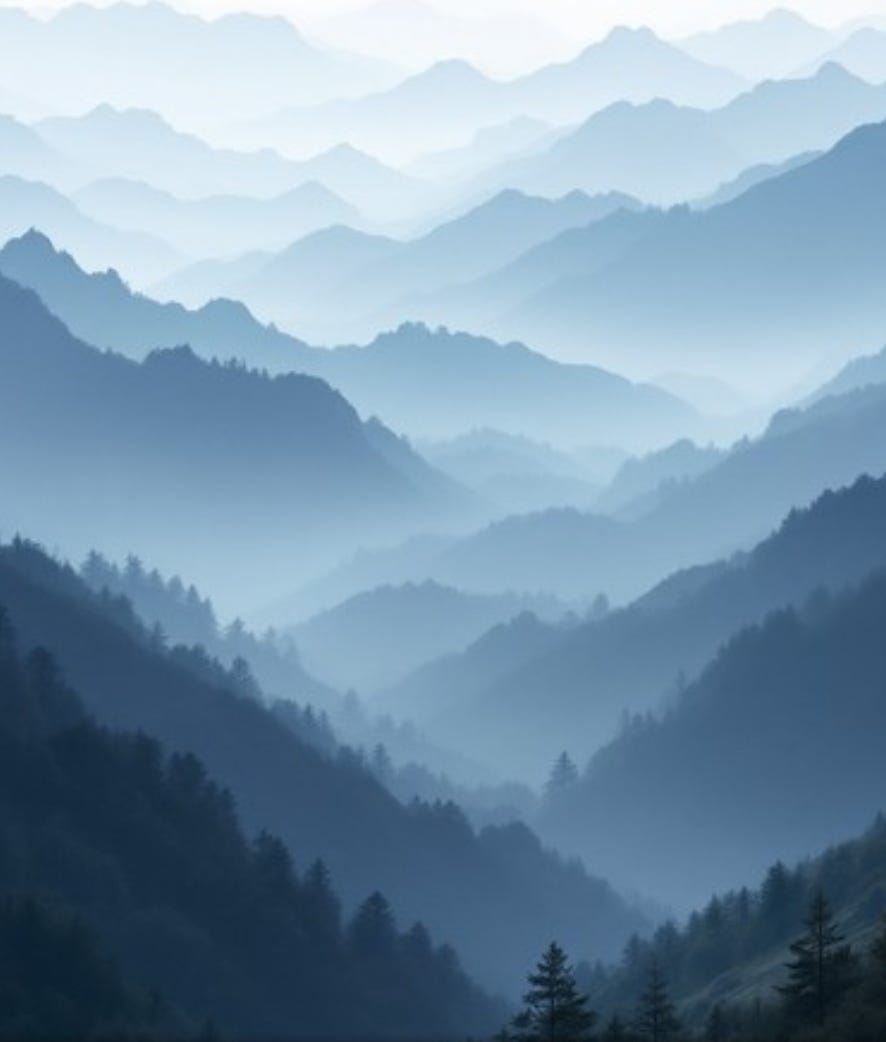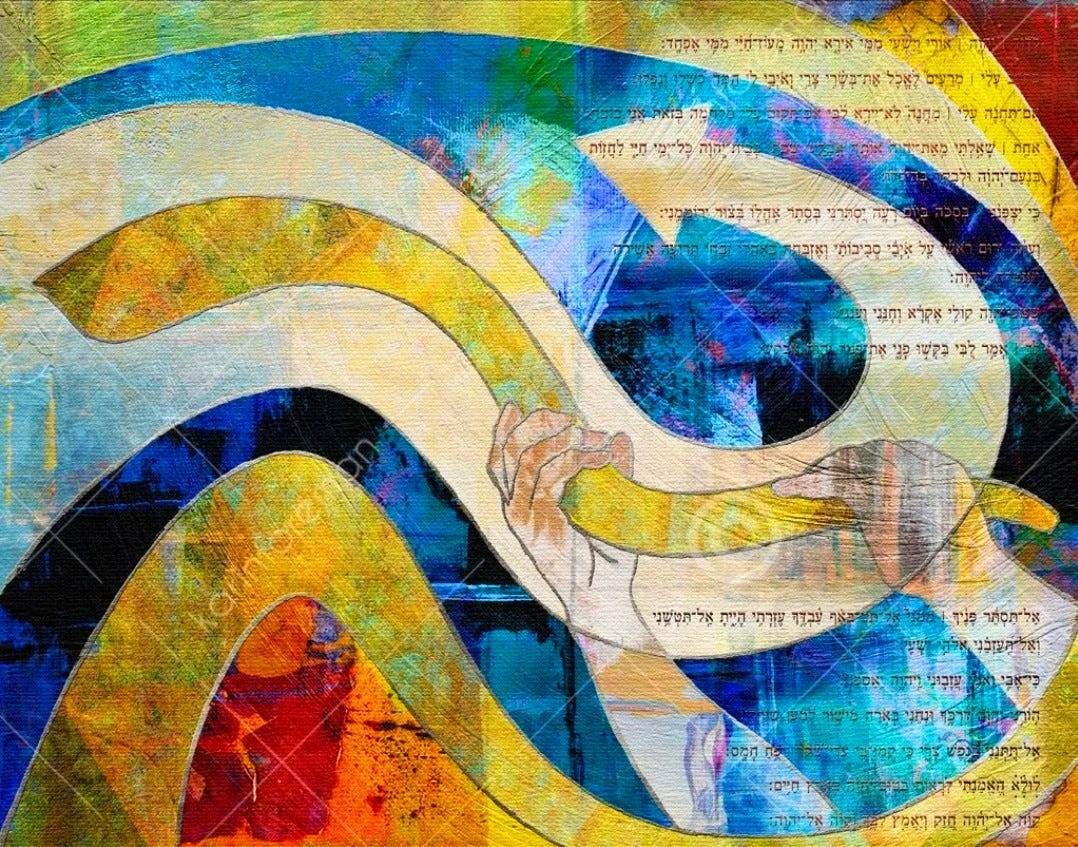Editor’s Note: Read the poetry of Judith Chalmer, a longtime Vermont resident, and you’ll come away with the sense of having witnessed this deeply humble — and quietly powerful — poet engage in the art of braiding together a challah in the style of the old country. As represented here, her four interwoven thematic strands include Jewish inheritance, maternal sensibility, fear of mortality, and tenderness towards her surrounding environment. Although her body of work isn’t limited to these subjects, such recurring concerns mark her as a poet rooted in equal respect for the past and present. Through her poems, Chalmer grants us access to the loved ones who preceded her, as well as an intimate look at her investment in both the next generation and the surviving natural world that will be her legacies. — Susan Comninos
ON FINDING OLD AGE UNFATHOMABLE
The old woman who is and isn’t me lifts a stick
from the mud in America and calls the shape she has drawn
her mother. It’s me, says the continent. It’s me,
says the girl who was and wasn’t me. You’re wrong,
says the woman. There’s no mud in my thinking.
Come here, says the girl. There’s a house you can enter
but only in a dream, hallway after hallway on your knees.
I’m looking for the samovar, says my mother. I gave it away,
I tell her, and on the spot, my old Dostoyevsky, the one
with the mosaic of sadness on the cover that I loved so much
in high school, crumbles like a cough in the unquiet air.
Which continent are we on, asks my mother. Both, I tell her,
each vast and snowy and smelling of hemlock, of thyme
and the ingredients of a thick, starchy soup. I step toward her
but a rock at the bottom slips out from my foot and I’m head down
in the dirt like a buried spoon. Histrionics, rumbles my mother.
I miss you, I say. You forgive me, she asks? A lot, but then
it starts up again, I say. And her, she nods at the girl,
have you abandoned her? It’s not her, I say, that’s the problem.
It’s the twenty-year-old, and the thirty. They don’t dare
show their faces. Maybe, says the girl, you’re not looking.
Well, says the old woman who is and isn’t me, maybe
you should stick to your sandbox. Remind me, I say
I’ve forgotten the words you were singing to your teapot.
BOULDER
It’s a common erasure, I guess,
every dip and depression
filled in. I’m dragging, it seems,
a lifetime behind me,
scant tread left under my heels.
It must be I’m in my own mind
a little weighty. But no,
it’s just a dog on the back
of my snowshoe, galloping fast
to a boulder off ahead. Rugged
granite etched in frost, tell me,
how do you bear having to re-learn
every spring, your own face,
forgiveness, everything?
AN EXPERIMENTAL APPARATUS
Say something simple –
the marsh grass grows brittle –
and already the past leans forward
and the way ahead is choked.
Here’s where you turn back
but then circle, pull round
and paddle again, pressing
ahead a small way. You wish
for strength. You wish
to retreat, but you have chosen
this one place on earth with no one
but a heron lifting twenty feet
ahead and life forms you don’t
understand beneath you. No doubt
your fear is persuasive. There is
a leaf, a cloud. There is time
to consider vectors such as
danger. This is not that time.
This is a mass of lily pad,
of duck wing, of dragonfly
and the creatures’ careless
distribution of seed. Consider
the part where fall grasses dance
in their skins and the future
as the future ever does, begs
the past for comfort and goes on
freely, with or without
strength. Or hope.
PSALM
i saw you the other day but i didn’t speak.
who was i, after all? and what would it mean,
your looking back? every day i repeat this
path, walking along the water. across the lake,
clouds nestle beneath the peaks and the peaks
break over the clouds like powder,
as if it weren’t the gloom or a mist there,
but the mountains themselves thinning, becoming
transparent. why does this comfort me?
i wouldn’t mind my disappearance
if it were something like this gentle tempering—
boulders, mountains with names, whole ranges softened.
peach and vermillion stream across the sky
and are gone in minutes. who am i,
to hope you would console me? i, who want
only to melt into your world, not leave it.
ELUL
Why not begin, simple in speech,
plain in your mild rapture?
As best you can, the way you see
one broad leaf among the many,
moved by light or the wind to bob
when all the rest lie still, describe your life.
Describe your knee, the way it jumps
when you sit. It’s simple. It’s nature.
You feel complicated, but you could
join the ones who plainly love. You do,
admit it, love the water at dusk,
the perfect hundreds of blues and grays,
the rose and the pearl melting within it.
You know – why blush –
that common pleasure, a garden
you tended, the saffron and the deep cerise,
the window left open to neighbor,
night wing, cicada, round moon.
Why this distaste? It’s no different
for you than for the rest
who speak their love plainly, who try
though it’s hopeless, to say it.
You count the recital of blossom
and stem – the limit of your rake
and your small store of words – a failure,
a return to something old or flat or dead.
But it’s all there is. It’s your nature.
You’re reluctant. You’re nervous.
Your heart held secret for no reason,
you cannot help but pray.
✡️
Judith Chalmer’s individual poems have been published or will appear in journals including Lilith, Gashmius, Poetica, Watershed Review and Image, and in anthologies including “Roads Taken: Contemporary Vermont Poets,” “Rewilding: Poems for the Environment” and “Queer Nature.” She is a co-translator, along with the poet Michiko Oishi, of two books of haiku and tanka: “Red Fish Alphabet” and “Deepening Snow.” Both a scholar and a fellow for the Yetzirah Poetry Conference, she also organizes a regional Yetzirah chapter of Jewish poets in Vermont. Her second and most recent book of poems is Minnow (Kelsay Books, 2020).
✡️
Five tiny delights:
1. Creating activities to delight my grandchildren.
2. A quiet pond at dusk.
3. The call of the owl that lives nearby in the woods.
4. A table with my children and grandchildren all around it.
5. The warmth of my beloved as we settle into sleep.
Five tiny JEWISH delights:
1. The feel of warm challah dough, round beneath my palms.
2. Learning a new song to add to Kabbalat Shabbat.
3. A room full of Jewish poets.
4. Wearing the tallis I made with my Rosh Chodesh group.
5. Elul mikveh in Lake Champlain.
✡️











I look forward to meeting Judith at the Vermont Jewish poets gathering in August! Wonderful poems, thank you.
This is gorgeous work! "this one place on earth with no one/ but a heron lifting twenty feet/ahead and life forms you don’t/understand beneath you." I was truly fortunate to meet Judith at Yetzirah, to sit beside her in a class. I so look forward to reading more of her work.